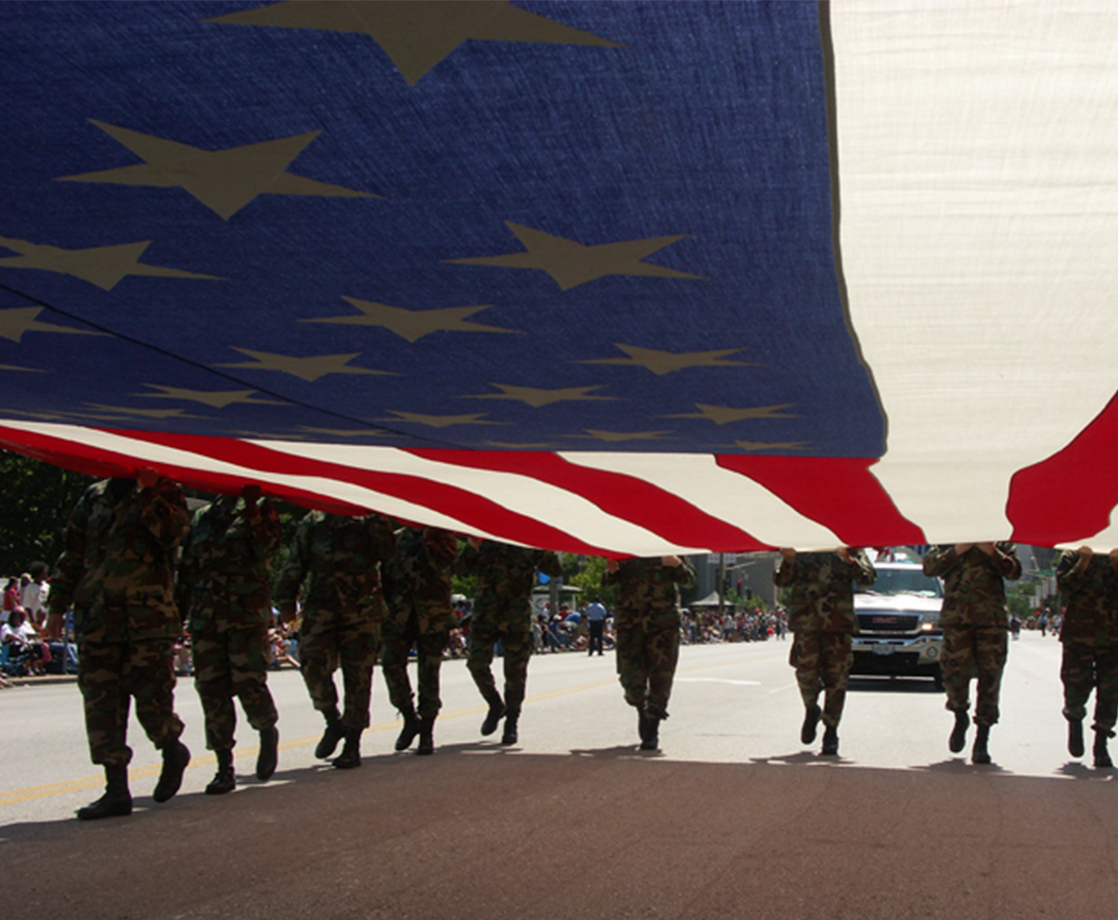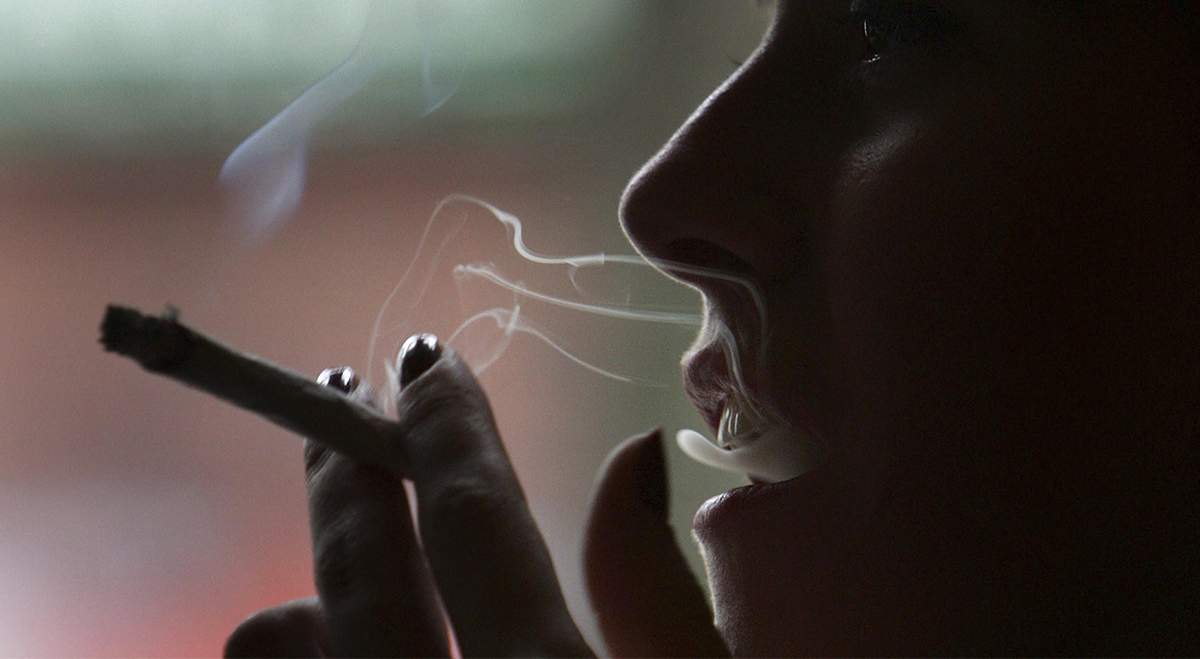Lead image via
For American soldiers returning home from war, legal cannabis has been a godsend. The once-stigmatized plant has helped curb symptoms of PTSD, treated soldiers’ physical pain, and — thanks to a growing industry that has often prioritized military support — secured employment opportunities for thousands of veterans.
But while legal weed has gained immense support in veteran communities over the past decade or so, those feelings have not been reciprocated by the federal government and the military itself. According to Roll Call, Military veterans who find work in America’s burgeoning cannabis industry are being shunned by the Veterans Administration (VA) and denied long-term employment benefits.
Due to federal prohibition, the VA does not recognize jobs in the cannabis industry as “stable and reliable” employment, and in turn has denied home loans, pension payments, and other guaranteed benefits to vets working for legal cannabis businesses. The benefits refused by the VA have been guaranteed to American veterans since the GI Bill was signed in 1944.
Now, to make sure that returning soldiers are not given yet another roadblock to stability by way of legal weed, a group of more than 20 federal lawmakers led by Rep. Kathlene Clark has penned a letter to VA officials requesting clarification on the agency’s policy, and for a reconciliation to the withheld benefits.
“The VA needs to catch up with the times and recognize the growing role of the cannabis economy that employs over 200,000 Americans,” Clark said in a statement. “Our veterans shouldn’t be penalized or denied the benefits they have earned because they are working in a budding industry.”
Outside of veteran benefits, the VA has long denied returning soldiers access to medical cannabis, even in states where it is legal. According to new research published in the American Journal of Alcohol and Drug Abuse, of veterans who reported consuming cannabis, 80% used the plant to treat physical and mental symptoms, and more than 60% of that group consumed cannabis as a safer substitute for alcohol, prescription pills, or other narcotics.
In their letter to the VA, Clark and fellow lawmakers noted that federal prohibition has made it difficult for VA doctors and administrators to consider legal cannabis in the same fashion as their non-military counterparts. But with federal authorities taking a hands-off approach to state legal cannabis laws, those excuses are running thin.
“The ambiguity under which the cannabis industry operates is unique, and we fully understand the VA’s aversion to legal and financial risk,” the lawmakers’ letter reads. “Denying veterans the benefits they’ve earned, however, is contrary to the intent Congress separately demonstrated in its creation of VA benefit programs.”
Rep. Clark and her colleagues have requested a reply to their letter be returned by the VA by June 22nd.
Follow Zach Harris on Twitter











